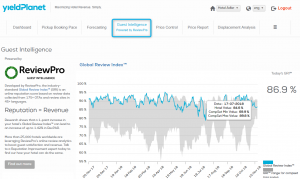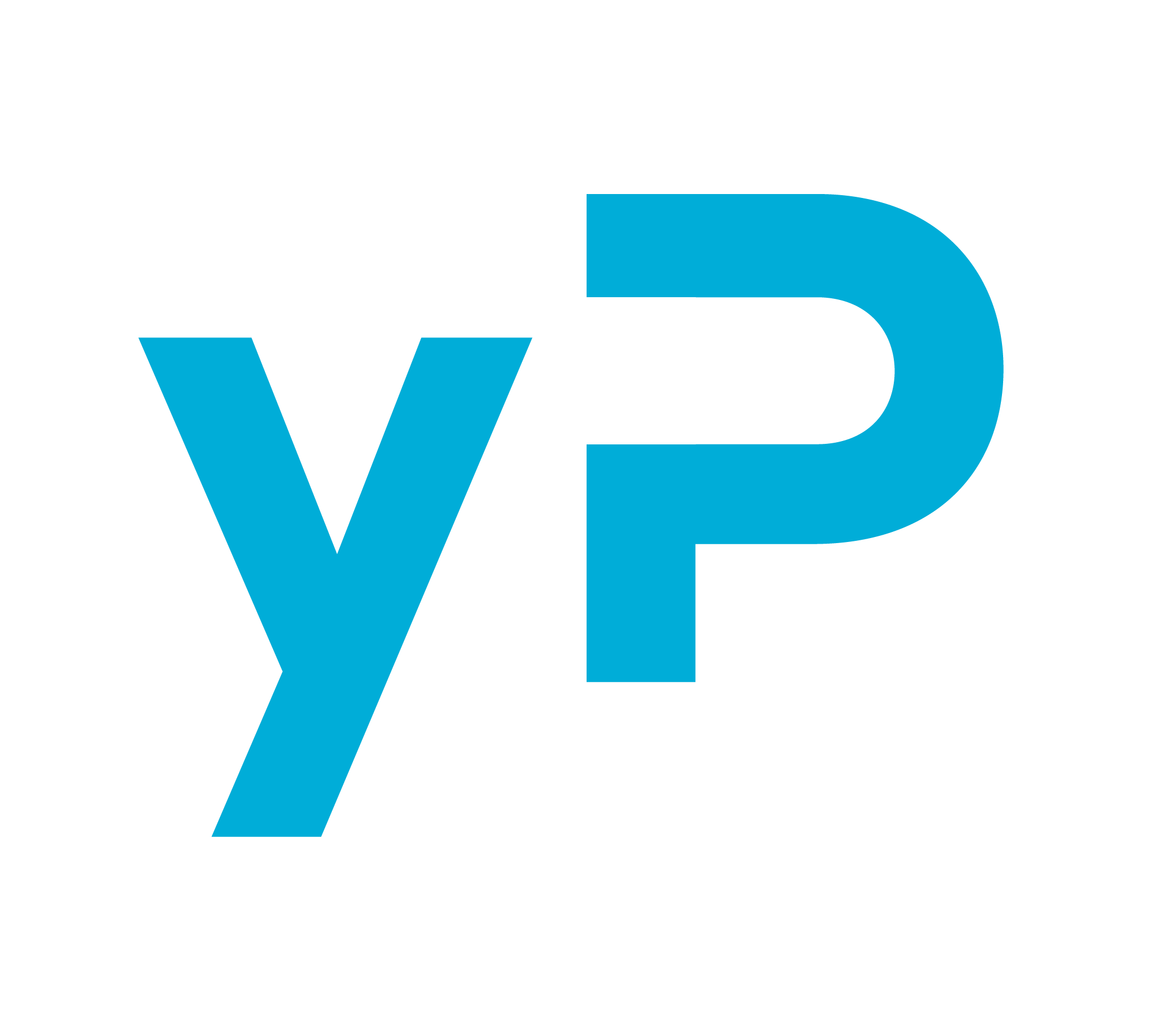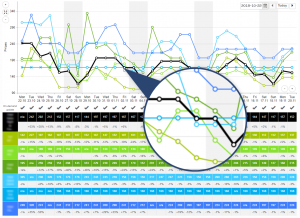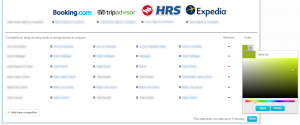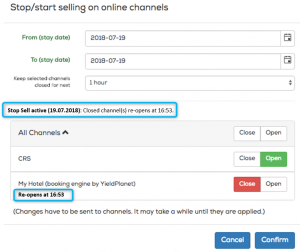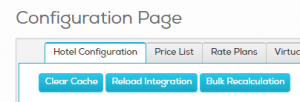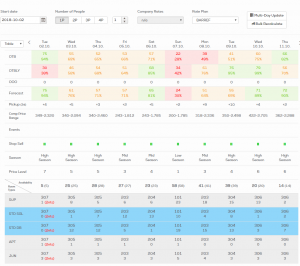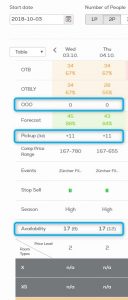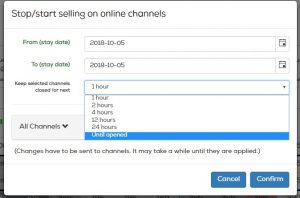Revenue management in the hospitality industry involves predicting customer demand with the aim of streamlining the sales process, allowing companies to sell at the correct price, to the correct customer, at the correct time. When conducted correctly, revenue management can be an extremely effective strategy, helping hotels to significantly enhance their profit margins.
Follow the 8 revenue management tips below to boost your hotel’s performance.
1. Create a revenue management culture
Our first revenue management tip is to create a revenue management culture within your organisation, but what do we mean by this exactly? Basically, this means that revenue management is not something which should be left entirely to the main decision-makers or to the management team; it’s something which everyone should be aware of.
By raising awareness of what revenue management is and why it is important for the hotel, positive behaviour can be encouraged among all employees. If employees understand why it is necessary, they will tend to be more careful when recording data and more likely to use this data to make good decisions based on knowledge.
2. Keep consistent, relevant records
Data collection is the essence of the revenue management process, and the data compiled by the hotel will form the basis of almost all of the decisions made. However, some hotels record too much data, which only serves to confuse matters. Therefore, it is vital for records to be relevant and consistent.
You must identify exactly what information must be collected and how it must be recorded. Then, to make life easier for the people who will use the data, a set of standard practices must be introduced, ensuring that all those involved in data collection employ consistent methods.
3.Offer incentives for direct reservations
Although OTAs may be of great assistance, generally speaking, it is preferable to attract direct reservations. This is the best way to build customer loyalty. As most direct reservations are made online, the hotel website must be well-maintained and updated.
At a time when prices can be compared on third-party websites in just a few seconds, the trick for attracting direct reservations is to offer worthwhile incentives. For example, loyalty programmes offer the possibility of obtaining lower prices in exchange for frequent visits, while other ideas include offering discounts in restaurants or free Wi-Fi for guests making direct reservations.
4. Pay attention to changes in guest habits
A significant part of revenue management involves the use of historical data to make decisions in the present in relation to the future. However, historical data is not always entirely reliable.
Over the years, it is likely that you will see changes in your customer database. These changes may include aspects such as average age, but they may also be more subtle. For example, you may notice a change in the way in which the average client reserves a room.
5.Focus on providing added value
One of the best revenue management tips is to think in terms of offering as much value as possible. Part of price optimization is understanding when prices shouldn’t necessarily be compromised.
By offering extra value, such as discounts for additional nights or even a free extra night when demand is sufficiently low, you can be braver with your prices, which could generate higher revenues.
6.Predict and map demand
Of course, anticipating demand is one of the most important elements of any revenue management strategy, and this requires forecasting. It’s also important to predict aspects such as availability of rooms and market share. However, you must also take measures to attempt to identify the origin of the demand.
Hotels are usually able to access excellent information on their guests, especially in terms of their origin. By comparing this information with historical data, it should be possible to identify the areas in which demand is growing and other associated trends, which could lead to a growth in business from these regions in the future.
7.Only use automation when appropriate
Many hotels largely depend on automation, and it can seem like a gift from heaven. However, automation can sometimes be an enemy of revenue management, which requires complex decisions based on factors such as supply, demand, the cost of making a sale, etc.
To be clear, automation can still play a role within a revenue management strategy. After all, modern software is capable of handling fairly complex decisions and relieves employees from time-consuming data entry tasks. However, good revenue management also requires human decisions, thinking outside the box and taking occasional risks.
8.Prioritise mobile optimisation
Our final revenue management tip relates to mobile optimisation of hotel websites. If you haven’t done this yet, it’s absolutely essential that you make the necessary changes to your hotel website so that the user experience on a mobile device is just as simple as on a desktop or laptop computer.
Mobile devices are now one of the most significant sources of revenues. In fact, Google recently revealed that mobile searches now exceed desktop searches.
By following the 8 tips listed above, you’ll be able to implement an effective revenue management strategy, allowing you to match supply to demand and maximise your property’s revenues.
Reach us to learn how Channel Manager can help you streamline your distribution and increase your revenue.
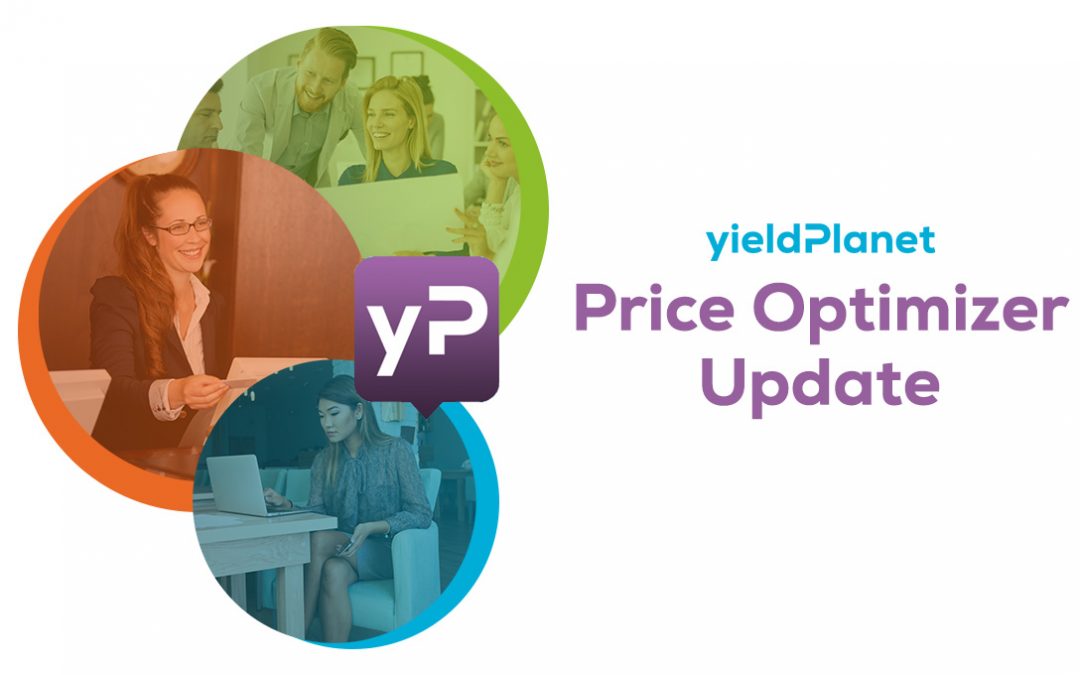
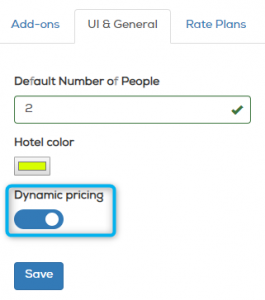 At this moment, adding more than one reservation at a time would not give the price based on dynamic rules. This functionality is still in progress and will be announced separately. Therefore, for larger reservations we suggest to add smaller chunks of rooms in order to achieve the dynamic pricing effect (e.g. instead of 25 rooms we suggest to add 5 x 5 rooms).
At this moment, adding more than one reservation at a time would not give the price based on dynamic rules. This functionality is still in progress and will be announced separately. Therefore, for larger reservations we suggest to add smaller chunks of rooms in order to achieve the dynamic pricing effect (e.g. instead of 25 rooms we suggest to add 5 x 5 rooms).